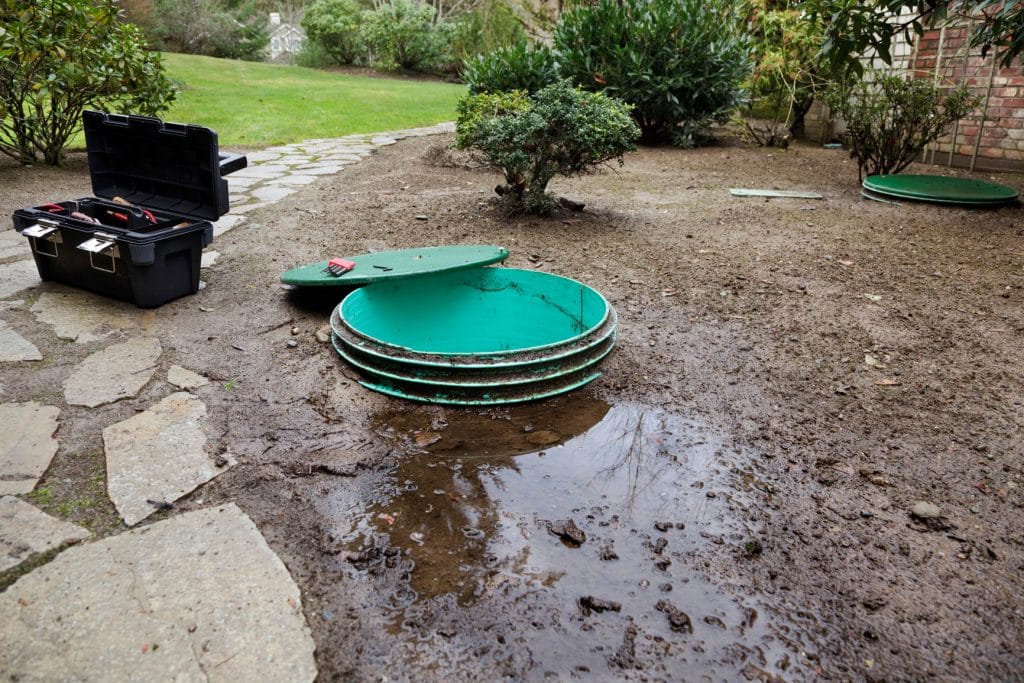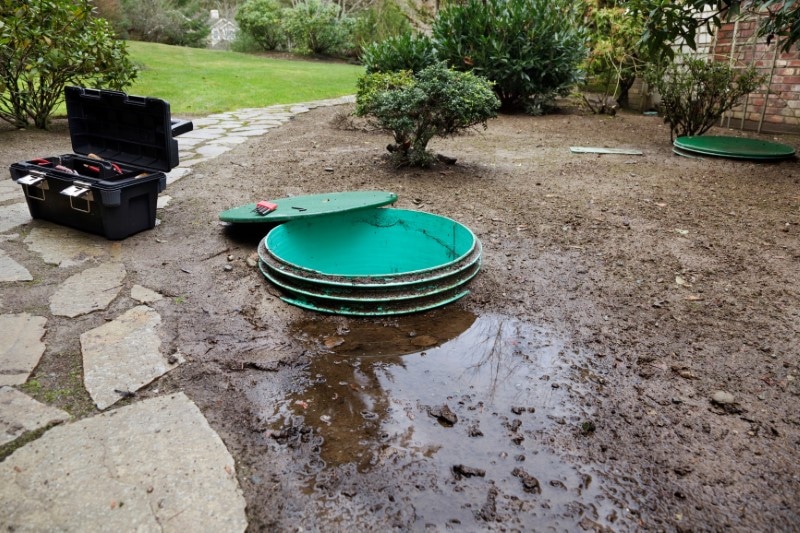
Since hard water is a common problem, water softeners need to be used constantly. Some believe that some salt in the cesspool improves the percolation rate of the soil. However, others see what most experts establish—that freshwater organisms cannot survive in saltwater environments. Your cesspool has freshwater bacteria. If you incorporate salt in it, these bacteria will surely die off. Once bacteria are gone, wastewater treatment will not be able to ensue anymore. This would lead to blockage because the solid waste particles will not be broken down. Instead, they will just accumulate and fill the cesspool.
Water softeners work by removing the magnesium and calcium in the water. This is done by adding sodium or salt into your water supply. Ion exchange happens. Magnesium and calcium have positive ions. However, their ions are much stronger than the sodium ions. The magnesium and calcium ions are driven into the beads of the water softener so that the sodium ions could replace them in the water. During the initial backwash, the water flow is rid of dirt. Then the salt solution is brought back into the tank. Once the beads remove the magnesium and calcium, the salt stays in the water, softening it up.
Preventing blockage caused by salt is possible through the help of your septic experts. They can put additives into your cesspool so that the salt won’t affect the bacteria.
Aside from the salt in the cesspool, there are other factors that block the cesspool such as the following:
- Soil compaction. The heavy weight of the vehicles and structures that you have on your cesspool crush or damage the cesspool components. This introduces sediments and excess water into the cesspool. They block the entire wastewater treatment system.
- Invasive roots. These belong to higher plants such as trees that you have in your property. These grow into your cesspool to access water and nutrients. The roots create a wall that stops the normal flow of wastewater.
- Improper waste disposal. Non-biodegradable materials are usually dumped into the toilets and drains. These substances cannot be broken down by the resident bacteria. They just float in the cesspool and clog the perforations along its sides.
Making sure that your cesspool runs smoothly is your responsibility as a responsible homeowner. It is vital to keep your cesspool blockage-free so that you could have a clean and sanitized living environment for decades to come. It may take effort, time, and money to do this but it is worth it when you see the lasting results.
